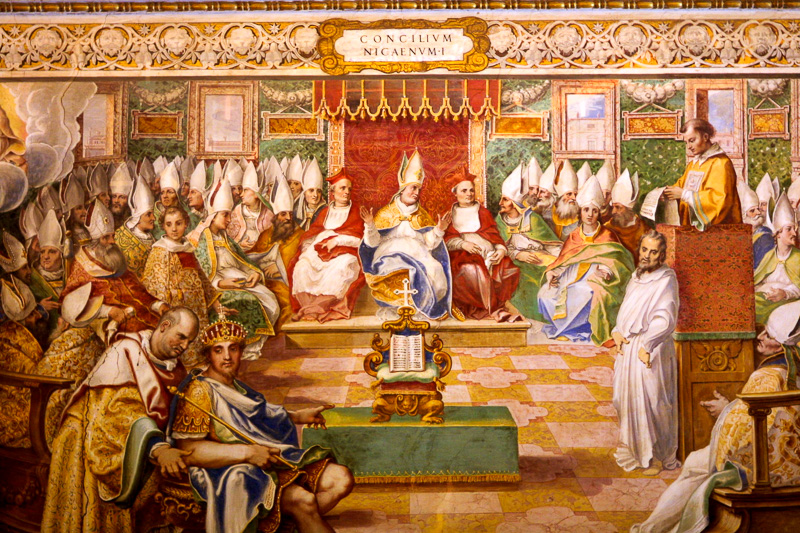The Legality of Celebrating the Birth of the Prophet (s.a.w.) II

بِسۡمِ ٱللهِ ٱلرَّحۡمَـٰنِ ٱلرَّحِيمِ The following is extracted from “The Legality of Celebrating the Birth of the Prophet ( s.a.w. )”, by Shaykh Nur ad-Din Abu ‘Ubadah ‘Ali ibn Juma’ah. Imam Abu Bakr Ahmad ibn Husayn al-Bayhaqi ( r.a. ) related from Imam Abu ‘Abdullah Muhammad ibn Idris ash-Shafi’i ( r.a. ), “Innovated matters are of two kinds: the first is that which is innovated and contradicts the Book and the sunnah , or a narration and consensus. This is an innovation of misguidance. The second is that which is innovated of good which does not contradict anything; this is not blameworthy. In fact, ‘Umar ibn al-Khaththab ( r.a. ), after establishing the prayer in congregation in the month of Ramadhan, said, ‘How good is this innovation.’ Meaning that it has been introduced after not being there and if this is the case, then there is no contradiction with that which has passed.” This is the last of what Imam ash-Shafi’i ( r.a. ) mentioned. Imam Abu al-Fadhl ‘Abd ar-Ra




